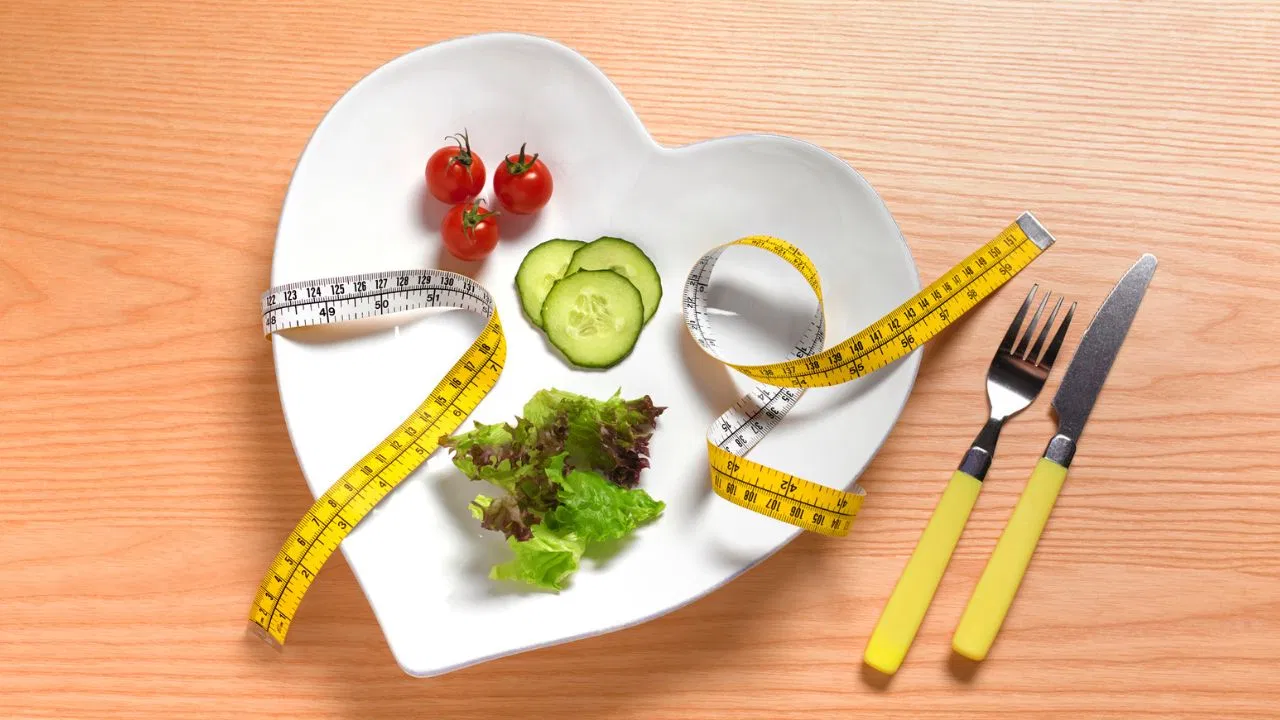Thinking About a Low-Calorie Diet for Weight Loss? Here's What Experts Want You to Know
- byPranay Jain
- 21 May, 2025

In today’s fast-paced life, many people struggle to find time for their health. With sedentary routines and poor eating habits, weight gain has become a common concern. And while managing weight is crucial to avoid health complications, the methods you choose matter just as much.
From keto and vegan diets to intermittent fasting, there are countless strategies people adopt to lose weight. Among them, the low-calorie diet is a popular choice. But before you start cutting calories, it’s important to understand how it works — and what the risks are — from a medical perspective.
What Is a Low-Calorie Diet?
According to Dr. Priya Paliwal, Chief Dietician at Shri Balaji Action Medical Institute, Delhi, a low-calorie diet involves consuming fewer calories than your body’s daily requirement. On average, an adult requires 2,000 to 2,500 calories a day. A low-calorie diet reduces that intake to around 1,200 to 1,500 calories per day, helping the body burn stored fat for energy.
Benefits of a Low-Calorie Diet
When done correctly, a low-calorie diet can offer several health advantages:
- Effective weight management
- Better blood sugar control
- Improved cholesterol levels
- Reduced risk of heart disease
- Increased physical activity levels due to feeling lighter and more energetic
But Be Cautious: Potential Risks Involved
While a low-calorie diet may sound promising, experts warn that it can backfire if not followed properly. Possible side effects include:
- Fatigue and weakness
- Irritability and mood swings
- Nutrient deficiencies
- Slower metabolism
In extreme cases, inadequate calorie intake can lead to serious health complications, especially in vulnerable groups like pregnant women, children, the elderly, or those with medical conditions. That’s why it’s never advisable to start such a diet without professional guidance.
Things to Keep in Mind Before Starting
If you’re considering a low-calorie diet, remember:
- Understand your body’s needs – one size does not fit all
- Nutritional balance is key – even with fewer calories, ensure you’re getting enough protein, vitamins, minerals, and fiber
- Don’t compromise your health for quick results – the goal should be sustainable weight loss, not instant changes
- Always consult a qualified nutritionist or doctor before making drastic dietary changes
Final Word
A low-calorie diet can be a helpful tool in your weight loss journey — but only if it’s done the right way. Don’t blindly follow trends or cut calories without understanding your body’s requirements. Remember, your health should never take a back seat in the pursuit of a slimmer body.

